India guzzles more whisky than any country in the world.
Demand for Scotch whisky alone grew by 41% by volume there last year, according to the Scotch Whisky Association.
But wine … well, Indians haven’t really acquired a taste for it yet.
Sonal Holland is determined to change that.
In 2016, Mumbai-based Holland, now 44, became India’s first – and still only – person to hold the coveted Master of Wine (MW) qualification.
Established in 1953 by The Institute of Masters of Wine in the United Kingdom, it is the most prestigious professional standard in the industry and requires rigorous preparation.
Only 355 others in the world have qualified.
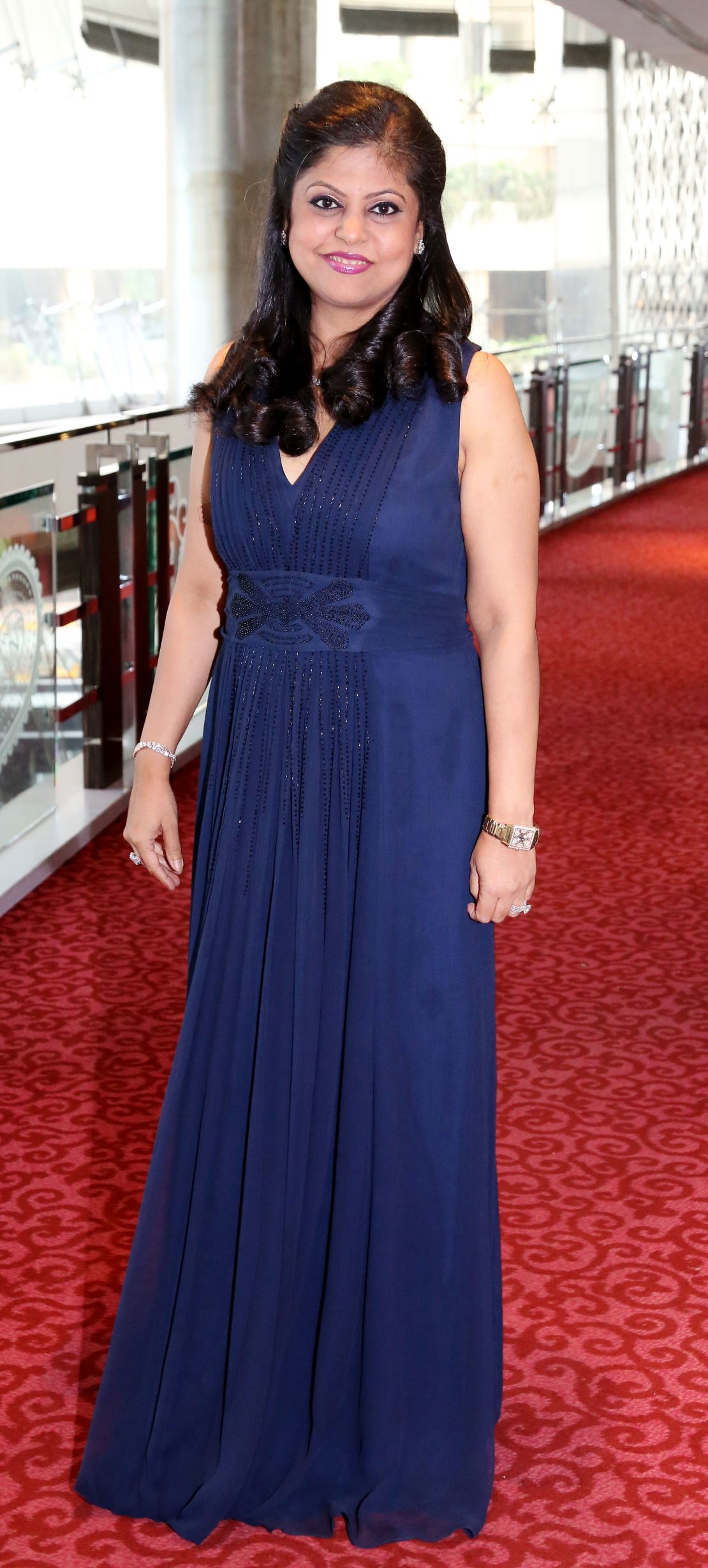
MWs are often asked to judge wine competitions, lecture on wine courses and advise governments, hotels and airlines on their wine selections.
“It is a proud thing for India to have a Master of Wine,” Subhash Arora, president of the New Delhi-based Indian Wine Academy, a private wine consultancy, tells CNN.
“Even many countries in Europe do not have one, so it is a great achievement.”
The beginning
In 2006, Holland was bored with her corporate job at a recruitment company in Mumbai.
Her husband Andrew Holland, a British hedge fund manager, one night suggested that she should study wine. “The wine industry in India is just picking up. You could become a wine professional,” she remembers him saying.
Holland had always enjoyed wine, and been interested in how it formed an integral part of various cultures. But she had never thought about studying wine formally.
“I said, ‘Yeah, good idea!’ My over confidence took over,” she recalls.
It turned out to be a defining moment.
India is neither known as a wine consuming or producing country. Only a tiny number of its 1.2 billion people have tasted wine.
But with India’s burgeoning middle class growing rapidly, there are millions of people waiting to be introduced to wine.
In 2008, Holland embarked on a two-year diploma at the London-based Wine and Spirit Education Trust. For Holland, it meant constant travel between London and Mumbai, juggling coursework with family life and a significant personal investment. The course alone cost more than $4,000.
Immediately after passing, she set her eyes on becoming a Master of Wine.
The wine challenge
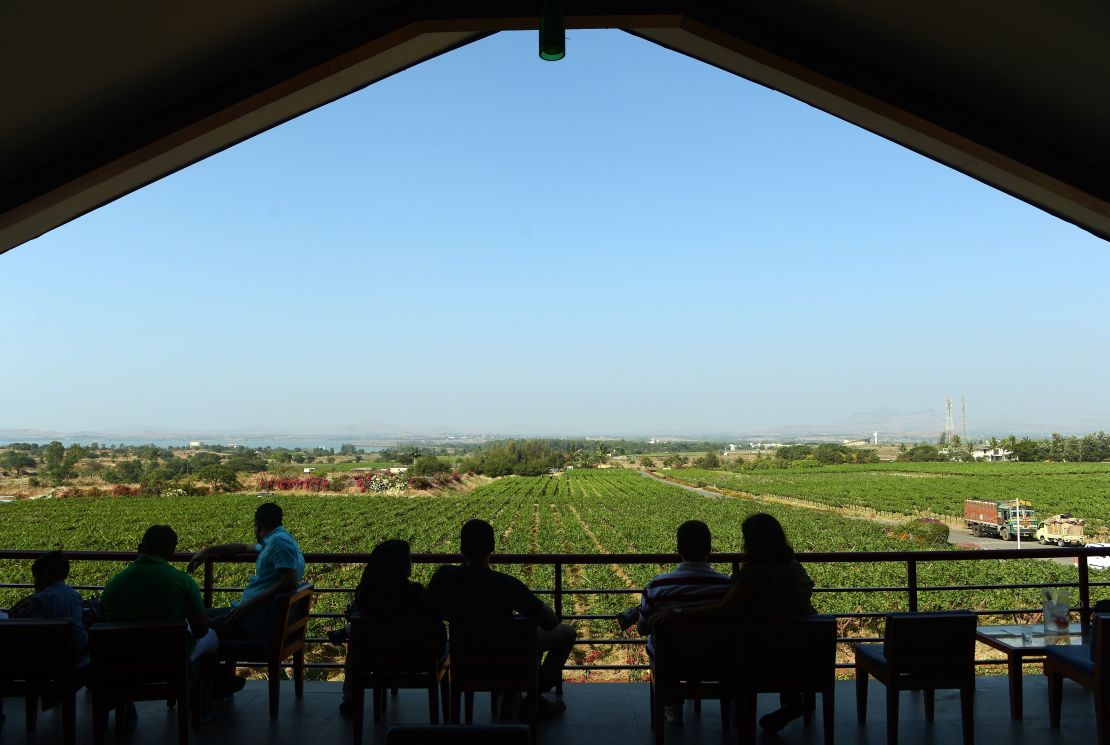
To become an MW, Holland had to pass a rigorous exam. The five 3-hour papers on viticulture, vinification and bottling that form the theory component, she says, were not the hardest part.
That was the wine tasting.
The practical component requires a candidate to blind taste 36 wines over three days, assessing them for origin, quality, winemaking and style.
Preparing for this was hard, explains Holland, because India does not have access to a wide range of wines. And the ones that are available have often been damaged in transit or not properly stored, which alters their taste.
“I had to rely on all my tasting experience overseas. I had to travel like a mad woman to vineyards to understand their practice, learn how wine makers do different things in different parts of the world.”
But Holland was unstoppable, even though it meant making sacrifices.
One of her exams, for example, fell on her daughter’s fifth birthday.
“I was watching her cut the cake via Skype. It was 3am in London and I was also thinking, ‘I need to sleep because I have an exam and need to be fresh.’
“I thought I was a horrible mother. If I had analyzed all this, I would have crumbled, I would have (gone) back.”
Instead, she persisted and after six years’ hard work became India’s first MW.
Becoming a master
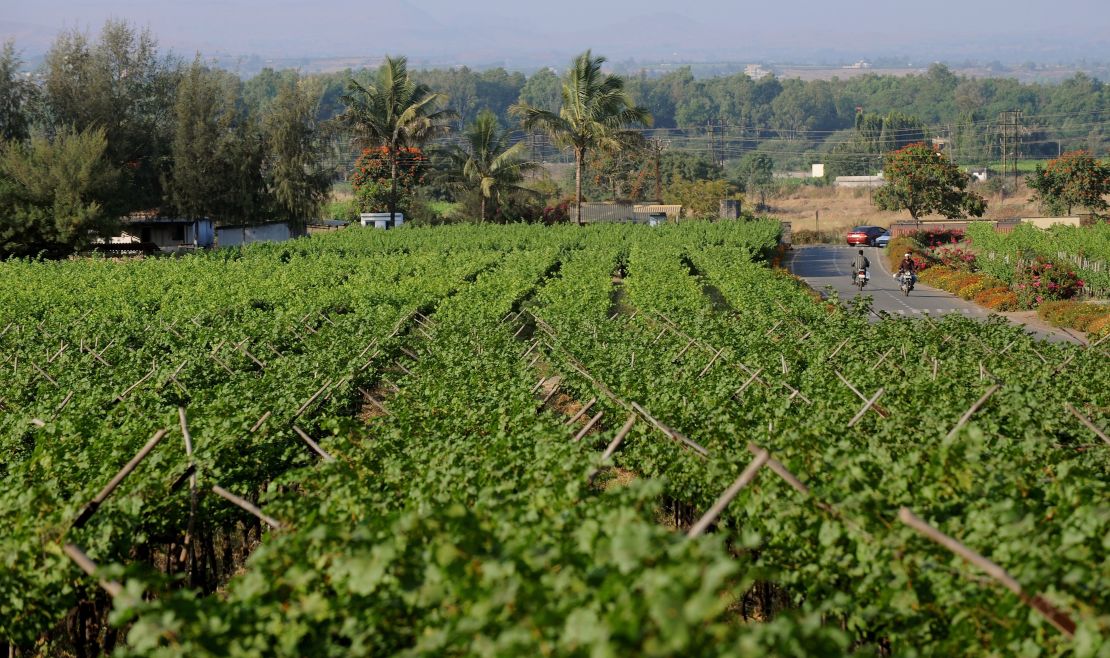
“(The MW) is very prestigious in wine circles and a challenging qualification to achieve,” says Eddie McDougall, the columnist and TV personality behind The Flying Winemaker, a wine events and marketing company in Asia with a Discovery Channel show.
“It takes a lot of study, personal resources and time in the trade to achieve.”
The title sits heavily on Holland’s shoulders.
“It is not good enough to become a Master of Wine and then say: ‘I am done.’ It is actually where your journey begins,” she says.
Holland’s chosen path is to educate people about wine in her home country.
“Wherever I go, I carry the Indian flag. I must now do things that will help the Indian industry,” Holland says. “It is about growing the consumer market. India should become relevant.”
In 2009, she set up wine consultancy The Sonal Holland Wine Academy, which educates consumers and professionals in the hospitality and wine trade about wines and spirits.
Last year, she founded the SoHo Wine Club, which organizes tutored tastings for members, and earlier this year, she launched the India Wine Awards, which recognize excellence in wines, both Indian and imported, available in the domestic market.
“She has an immense vibrancy and dedication to wine. All Masters of Wine share that passion, of course, but Sonal is aware of the responsibility she has as the first MW in India, and she is meeting the challenge head-on,” Penny Richards, executive director of The Institute of Masters of Wine, tells CNN.
Getting to know India
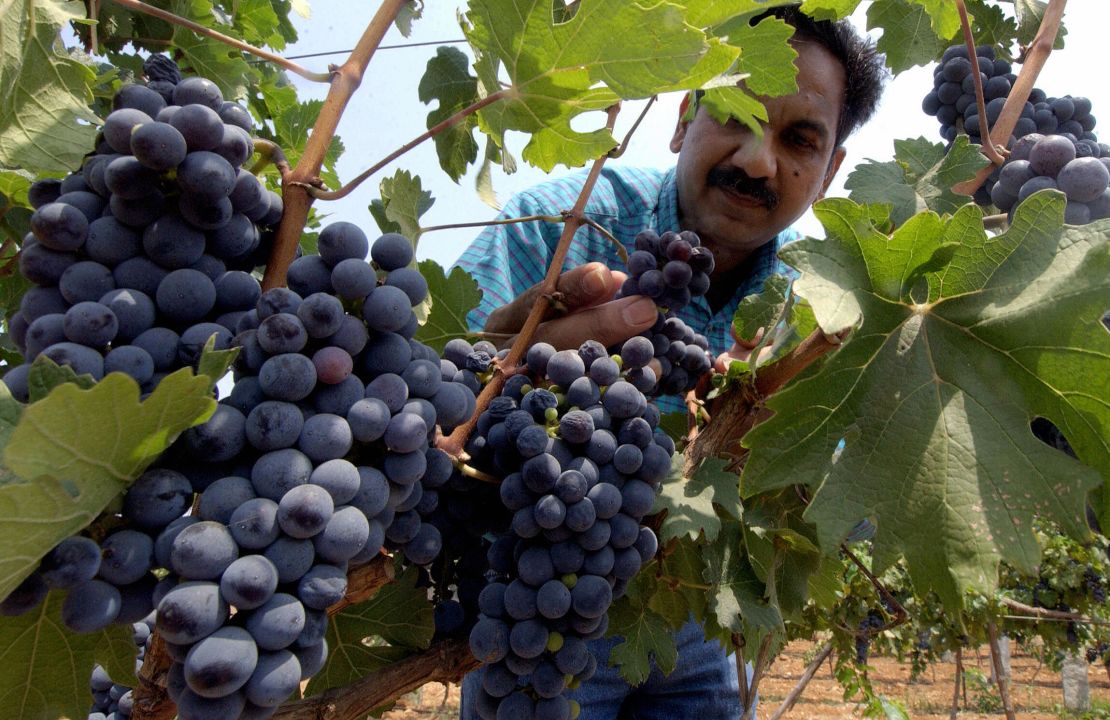
Perhaps Holland’s most important achievement was commissioning the India Wine Insider 2017 survey – the first comprehensive study of wine attitudes and knowledge in urban India.
The project interviewed 878 wine drinkers in Mumbai, Delhi, Bangalore, Pune and Goa, about the frequency and nature of their consumption, and their knowledge and preferences.
Red wine, it emerged, was preferred over white. But when it came to awareness of grape variety, 28% of those surveyed were “not aware” of any.
Only 39% had heard of Shiraz and 18% of Cabernet Sauvignon, indicating perhaps just how nascent this market is.
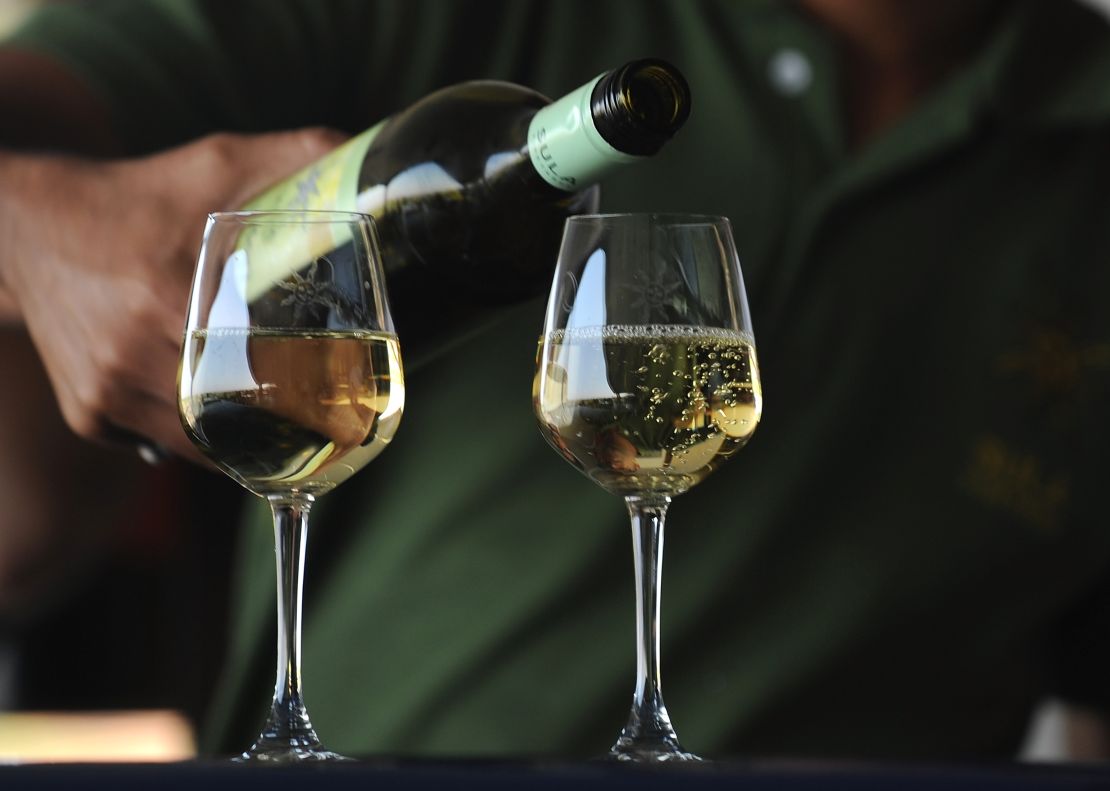
Interestingly, Indians – for the moment, at least – prefer to drink Indian wines. In Holland’s report, 82% of those surveyed had consumed domestic wines in the past six months, while just 24% reported having drunk French varieties and 20% Australian.
Most of India’s wine production is concentrated in the Nashik region, in Maharashtra state, which has about 30 wineries in operation. Meanwhile, Bangalore wines are also making headway with domestic customers.
As satisfying as it is to see the Indian wine industry growing, Holland says her greatest reward yet came at home.
The day she became a MW, her eight-year-old daughter squealed with excitement, and said: “Mummy, are you really India’s first and only Master of Wine? Because that makes you one in a billion.”
Holland had to agree.



